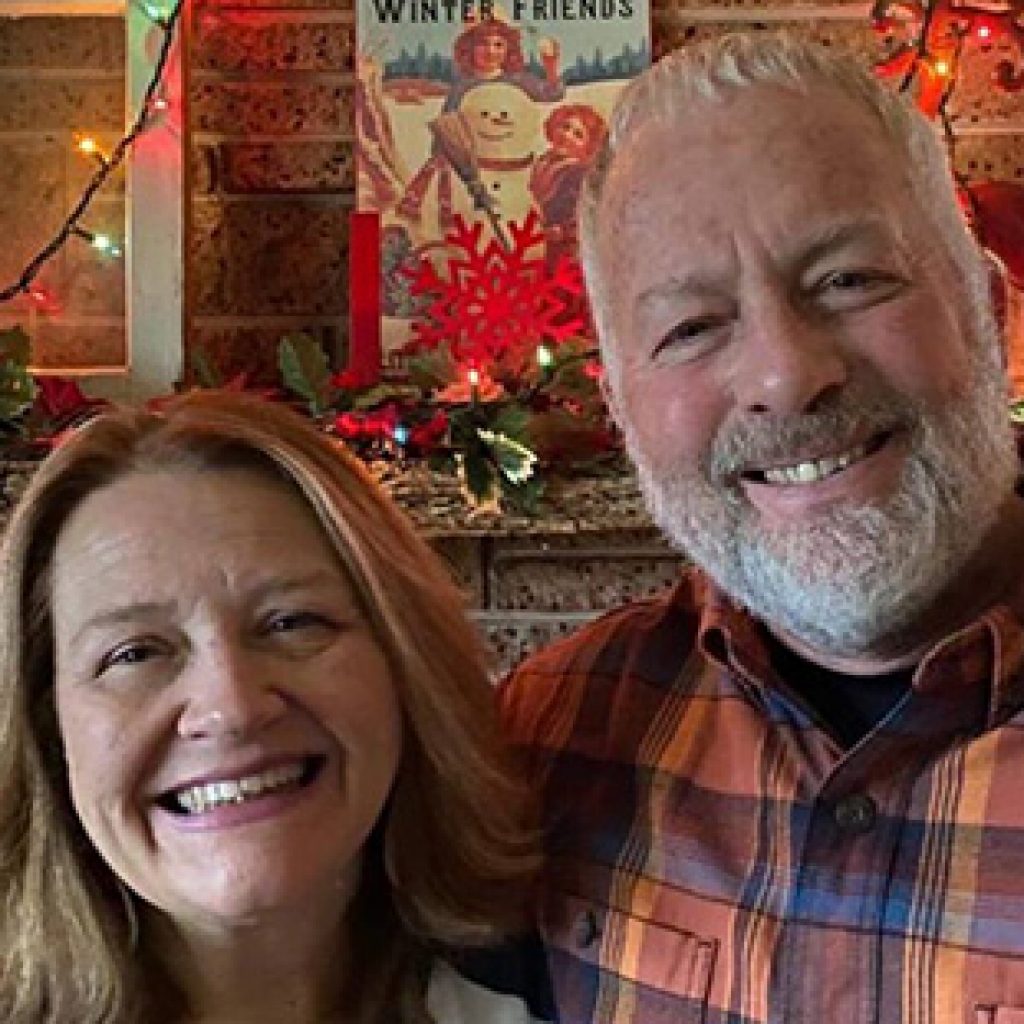By Ron Clark
I charge you, in the sight of God and Christ Jesus and the elect angels, to keep these instructions without partiality, and to do nothing out of favoritism.
Do not be hasty in the laying on of hands, and do not share in the sins of others. Keep yourself pure . . .
The sins of some are obvious, reaching the place of judgment ahead of them; the sins of others trail behind them. In the same way, good deeds are obvious, and even those that are not cannot remain hidden forever (1 Timothy 5:21-25).
Moral Failures in Spiritual Leadership
Last winter, as I was preparing to step into my role as executive director of Kairos Church Planting, I decided to read a few of my “ministry” and “church planter” leadership books which focused on character and integrity. One book had been given to me by one of our brotherhood leaders whom I deeply admire. The book was over 15 years old but had timeless wisdom. In one chapter there was a reference to megachurch minister Bill Hybels and a discussion of how he had spent years developing a routine to prevent “false accusations” of sexual misconduct. I remember hearing Hybels talk years ago about his elaborate efforts to avoid the appearance of sin and evil.
Bill Hybels resigned from ministry in 2018 in the wake of multiple accusations of sexual misconduct spanning more than a decade.
My work involving domestic and sexual violence within faith communities has proven to me that leaders don’t fall, they intentionally violate boundaries.
In 2020, Hillsong Church pastor Carl Lentz and Liberty University president Jerry Fallwell Jr., both of whom accepted the highest calling of Jesus, made choices to shame the name of our Lord. This is a reality in which we live.
In December 2020 I was asked by our county to do abuse and faith community trainings with a specific focus on abusive, controlling, and sexually inappropriate faith leaders. So many people in our community have been hurt by these leaders; several community members told me that their congregation did little to confront the leader and protect the flock.
Promise of Integrity
As a planter with Kairos Church Planting, one of the many blessings I received was the Ethical Conduct Agreement. Kairos staff introduced this document to us over a decade ago; we were encouraged to read the document and sign it in front of our congregation. My wife, Lori, and I did this on a Sunday every January at Agape Church of Christ, and we asked our staff to do the same. Our members were always encouraged by this; on several occasions, visitors to our church that particular Sunday would tell us they had never witnessed anything like it. In fact, some would tell us stories of a past minister “falling from grace” as their church turned a blind eye to the issue.
Reading and signing an Ethical Conduct Agreement or Covenant before a church not only serves as an encouragement to our congregations, community, and those who have been hurt by church leaders, but it also provides a level of accountability for ministers. Knowing that I have made a covenant with my God and my church to reflect the life of Jesus has kept me from saying, posting, and even acting in ways that would not honor my calling from Jesus. On occasion I have been called out by others, which has prompted me to apologize and make changes. Christian leaders have a powerful opportunity to grow spiritually while encouraging their churches by simply promising to be who God has called them to be.
In the Scripture passage above, Paul offered advice to Timothy, a young intern/evangelist who was sent to Ephesus to extend Paul’s ministry while caring for the church in his absence. Paul gave three major instructions in this passage.
First, Paul warned Timothy not to show favorites in his ministry. He was ministering in the presence of Jesus, God, and the angels. He was to avoid participating (the Greek word for fellowship/communion) in sin by allowing others to get away with inappropriate conduct. Timothy was to see his ministry as being under the eyes of heaven and was to be honest and hold people accountable for their sin.
Second, Paul simply told Timothy to be pure. He did not tell Timothy to “watch out for those wild women,” or “make sure it doesn’t look like he is sinning,” or even “blame others for his temptations.” Paul told Timothy that he was responsible for his own actions, and he needed to set healthy boundaries.
Finally, Paul reminded Timothy that good and bad works were obvious to people. Ministers who believe that they are “getting away with” or “successfully hiding” sin need to look at this verse. People know, people find out, and people see what goes on in a leader’s life. Even in this day of social media, the public knows who is authentic and who is hiding something.
At Kairos Church Planting Support, we are encouraging planters, ministers, campus leaders, and our staff to take this covenant with their congregations or ministry teams. We believe that this will not only strengthen their personal walk with Jesus but will help our churches become healthy. When we are open and honest concerning holiness, people tend to come forward and seek guidance.
Please pray for planters, staff, and leaders as we commit ourselves to Jesus, the calling to ministry, and our churches.
If you’d like to watch a short video about the integrity agreement, click here. To download a copy of the integrity agreement, click here.
Ron Clark serves as executive director of Kairos Church Planting, Portland, Ore., and has served as lead minister with Agape Church of Christ since planting it in 2006. This article originally appeared as blog post at Kairos’ website and is used here with permission.


Well said Ron! We should all implement this.